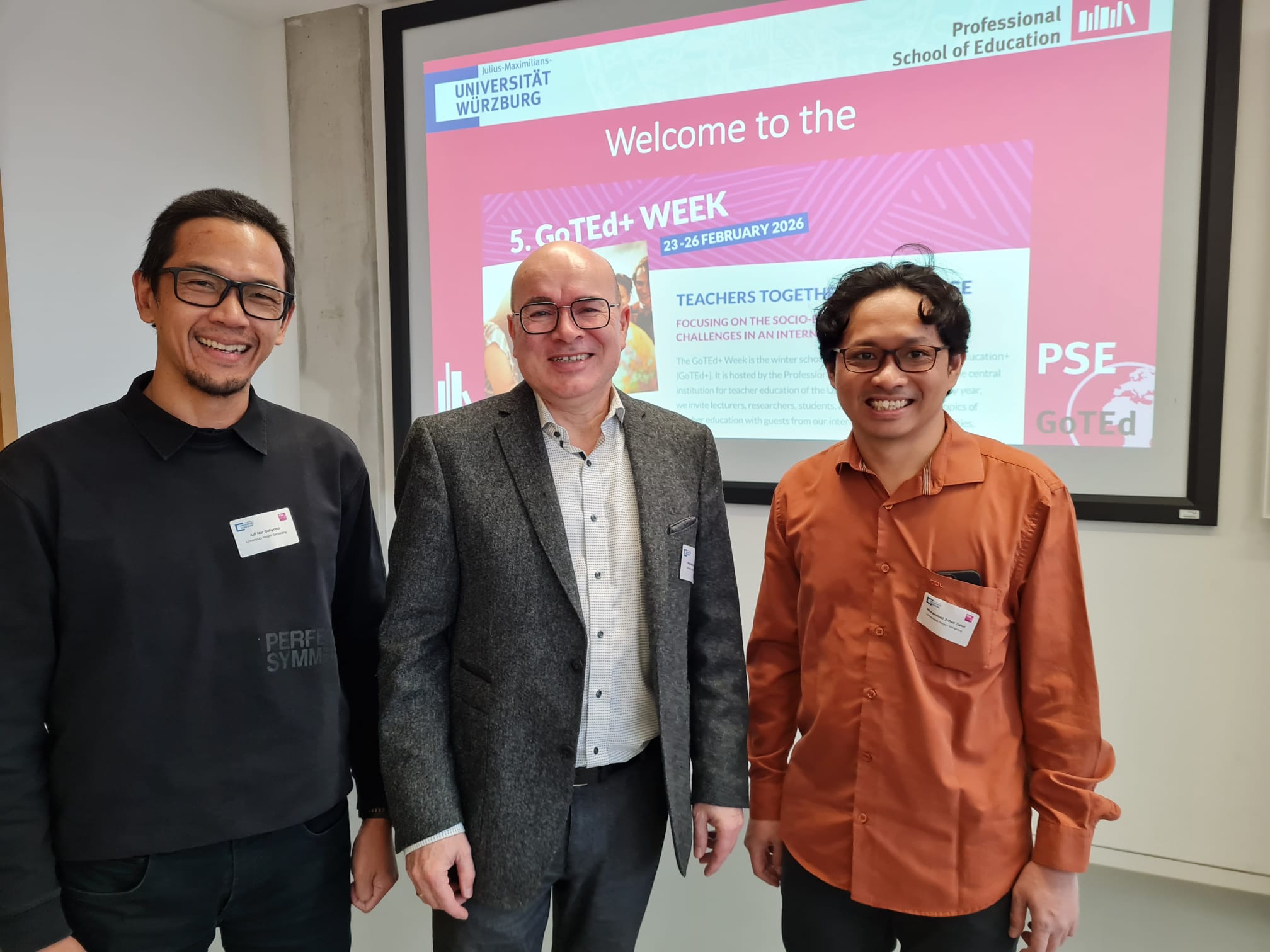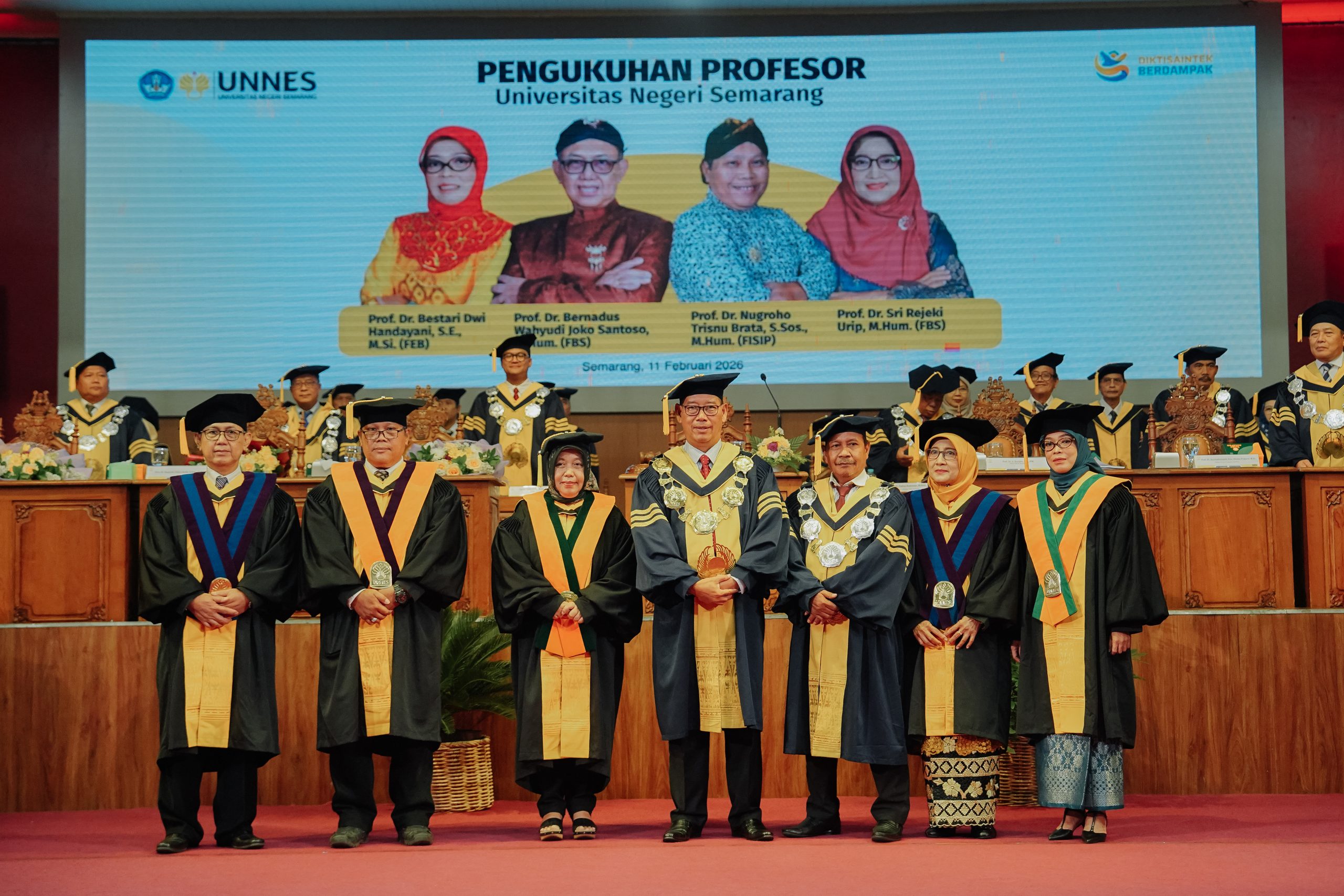Celebrating the twenty years of Indonesian reform, Political Science Program of Universitas Negeri Semarang (UNNES) held the International Symposium on Indonesian Politic 2018 with the theme “Problems and Prospects after 20 Years Reform”.
Inaugurated by Entrepreneurship Political Scientist from Universitas Brawijaya Wawan Sobari, PhD and the Quantitative Method expert (Rasch Model) from Universiti Malaya Bambang Sumintono PhD, the event was held for two days, Friday to Saturday (6-7 / 4) at Padepokan Karakter Faculty of Social Sciences UNNES.
Chairman of the Committee Cahyo Seftyono, MA reported, the activities are open to the public. Twenty presenters from both domestic and foreign institutions are scheduled to present their articles. Presentations are presented either directly or by teleconference.
Sobari opened the first day of symposium (6/4) by highlighting Indonesia’s contemporary democracy with argument on minimal accuracy. He explained, various survey institutions highlight the level of public satisfaction of Indonesian democracy that is still below 30%.
Twenty presenters went on to describe local ethnic politics, money politics, the power of political language, the fulfillment of citizens’ political rights, alternative politics to the expansion of religion in democracy in Indonesia.
The scheduled researchers come from six countries, namely Australia, the United States, Germany, Taiwan, Malaysia and several researchers from Indonesia. Among those are from University of Quessland, Northwestern University, Heidelberg University, Tamkang University, Universiti Malaya, Universiti Teknologi Mara, Universitas Indonesia, Universitas Gadjah Mada, Universitas Diponegoro, Universitas Padjajaran, Universitas Muhammadiyah Yogyakarta and other leading universities in Indonesia. The presentation of the symposium was closed by reviewing article by Wawan Sobari.
On the second day, Saturday (7/4), Bambang Sumintono delivered the quantitative research method using Rasch Model. He gave a brief workshop to 50 participants from various universities in Central Java. Participants got simulation practice on using Rasch Model and writing strategy of quantitative research article.
“With a short course on writing international research articles and data processing either qualitatively or quantitatively, this activity is expected to induce the development of ethical-based political science at the local level for global usability,” Cahyo closed.
07
Apr



